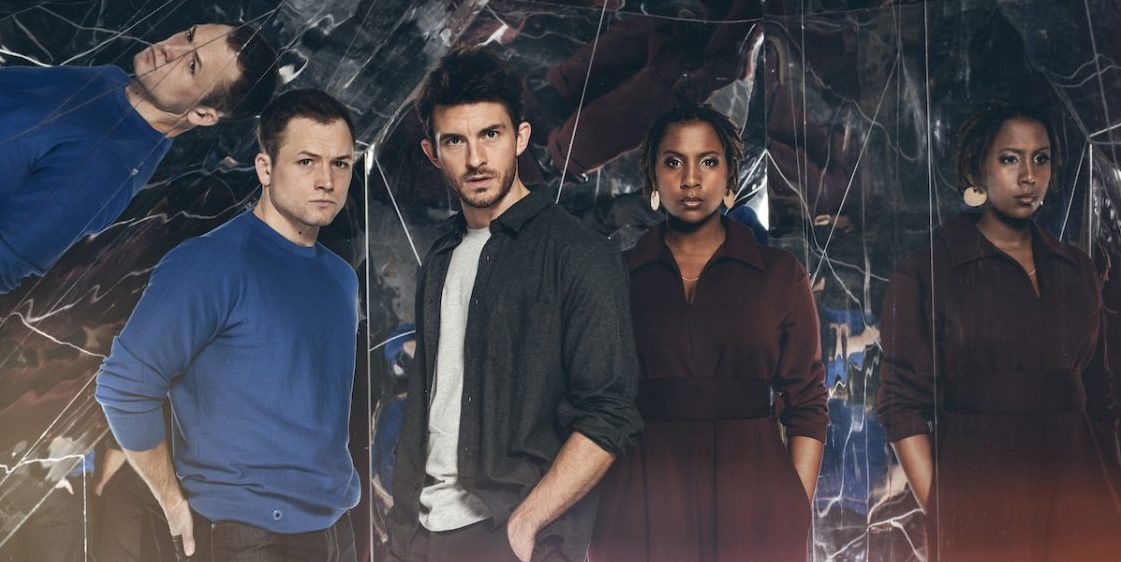Prepare for a rollercoaster of emotions. Marianne Elliott has directed COCK with impressive precision, shaping razor-sharp comic dialogue so that it builds and builds into the most powerful of conclusions.
Mike Bartlett wrote COCK in 2009, creating a dynamic play that explores questions of sexuality and identity. John is in a relationship with M. But when they break up, John finds himself drawn to W. What starts as a brief encounter turns into sex, with John quickly returning to M, racked with confusion and uncertainty. A pattern emerges: John is incapable of deciding who he wants to be with: will it be M or W? The programme notes state that this is a play about labels, polarisation, and identity politics. It is a play about a societal pressure to define ourselves, to say what we are. And yet John’s dilemma is shadowed by a much simpler reality: he is shockingly indifferent to the feelings of others. While we might argue that he is helpless, overwhelmed, trapped by a pressure to conform to a label of either gay or straight, there is no getting away from the fact that he weaponises his victimhood to pray on the vulnerability of two people who love him. Perhaps this is what the makes the play so exciting: it refuses to settle, to state its meaning, to declare its agenda. This is a play that forces our sympathies to shift, grow, fade, even as we bite our nails in wonderful frustration.
COCK is a masterpiece in theatrical craft. The stage set, designed by Merle Hensel, is simple and stark, the metallic reflections and barren openness of the rotating circles of the ‘cockpit’ providing no distractions from the emotional intensity of the acting. Bartlett wrote the play during a stay in Mexico City, inspired by the horrifying claustrophobia of bull and cock fighting. This stage design, as well as the moving circles of the ground, work impressively to build this tension and momentum. Stunning choreography draws out the passion and pain of the relationships, the dance of sex beautifully and sensitively realised. The opening and closing sequences are particularly powerful, showing us a man struggling to fit himself into a fixed form.
Jonathan Bailey is superb as John, compellingly bringing alive those feelings of terrible uncertainty about his sexuality and his desires. He may be selfish, his attraction to a woman limited to her vagina and the fact she cooks like her mother. But Bailey’s performance is powerfully real, taking us with him as he struggles to decide between M and W. Taron Egerton as M bubbles with energy, wit, and love. He gives us a character who hides his vulnerability behind bravado and comedy. Phil Daniels is a brilliantly entertaining F (father). In his brown suit, brown tie, brown shirt, he tries to convince himself that he is an expert on liberal sexual politics: he has a gay son after all, he proudly tells us. He is a hilarious satire on the way older generations get left behind in the sexual politics of their youth, failing to see that what happened in their day might not quite cut it for their children. I found myself particularly drawn to Jade Anouka as W. Perhaps the script gives her the least space to fully develop as a character, but Anouka made the role her own, refusing to be defined by the misogyny of the language used to describe W.
An outstanding evening’s entertainment with an exceptionally talented cast: this is a play for anyone wanting that delicious intersection of comedy, wit, and high concept drama.

